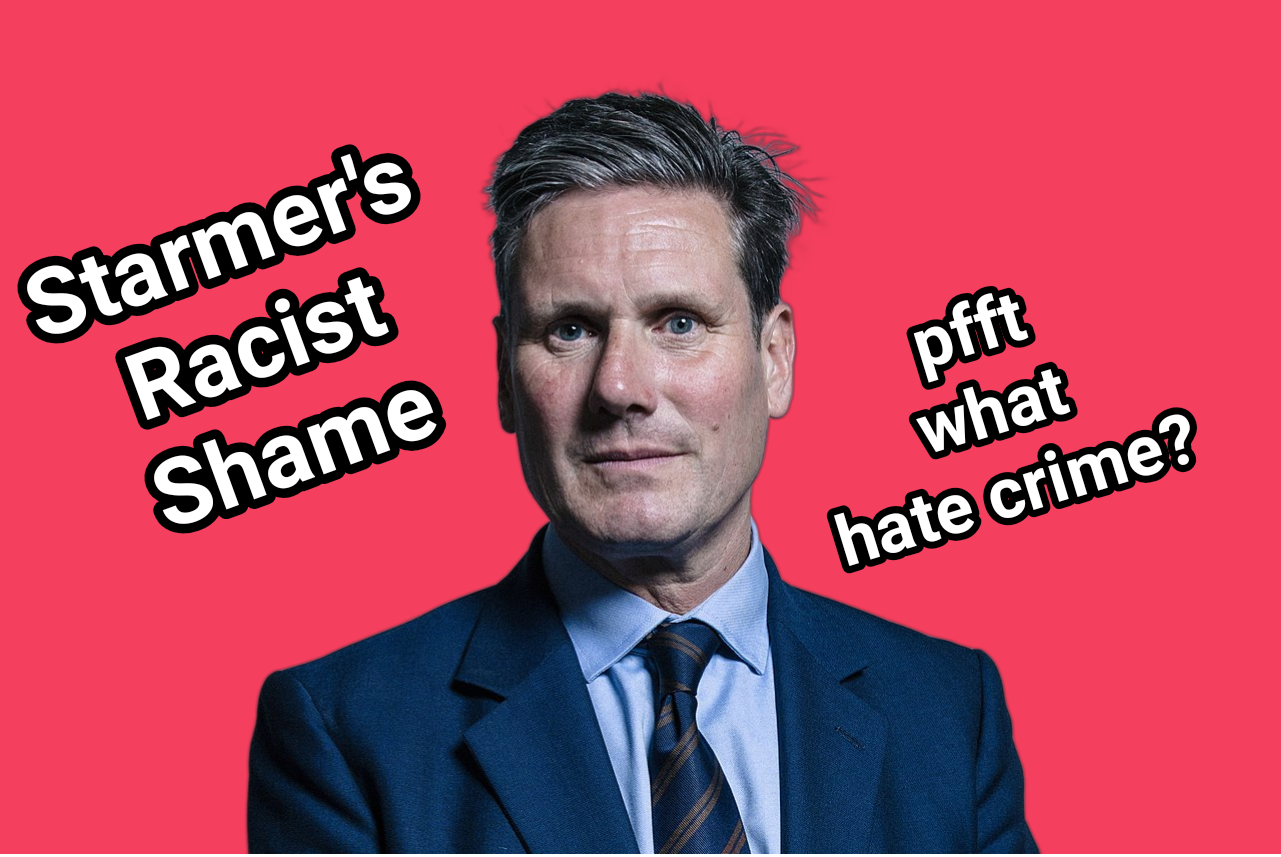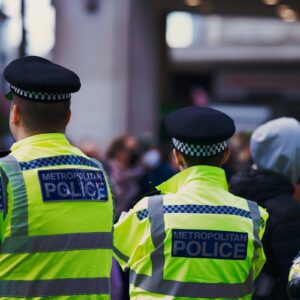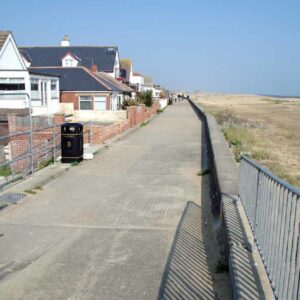On October the 25th 2003, the residents of the Southern English Hamlet of Firle gathered for their annual bonfire celebration. The community has a centuries old tradition that’s complete with a torchlight procession, costumes, and folk dancing. The event is always themed around an issue that has troubled the community during the year.
This year things would be different though. They wouldn’t just have a bonfire celebration, they’d stir up racial hatred against one of the most oppressed minorities in the UK.
Some members of the local community had got into a running dispute with a family of travellers who had moved into the area. In reference to this, the Firle Bonfire Society arranged for a mock gypsy caravan to join the procession. The text on its license plate was a common slur against the traveler community, and effigies of Gypsy children were placed inside the caravan before it was set alight.
“I can’t believe the people of Firle and Sussex support this kind of sick stunt,” said one parent who was in attendance. “What kind of message does this send to the kids who were present?”
On its own, this would have been a shocking incident, but this took place amidst a campaign of violent intimidation against travellers in the county.
In the months leading up to this, travellers were forced off their site when somebody threw a Molotov cocktail at a caravan which children were sleeping in. Not long after, a petrol soaked firework was set off in another camp at Crawley. With that in mind, burning effigies of gypsy children inside a caravan at this event was even more horrific than it would normally be.
Forty four percent of adults in the UK openly express negative attitudes about the Gypsy, Romani, and Traveler communities, and this widespread discrimination has terrible consequences for its victims. Nine out of ten Gypsy, Romani, and Traveller children are victims of racism in school, with ⅔ of those being bullied or physically assaulted. These children have the worst educational outcomes of any ethnic group in the UK, and often drop out of school.
Once out of school, they’re likely to struggle to find work and often end up working for less than minimum wage, in dangerous conditions. Overall, life is needlessly tough for them.
As you’d hope, the police investigated the caravan bonfire incident as a hate crime and arrested six people.
Over at the Crown Prosecution Service, the director of public prosecutions was keen to charge the bonfire organizers with incitement to racial hatred. In looking for a QC who could advise on the case, he didn’t want just anyone; he wanted Keir Starmer, a man who’d forged a name for himself as a dedicated human rights lawyer.
Unfortunately for him, Keir Starmer would make a baffling decision.
He told the Department for Public Prosecutions that the actions of the people involved were not intended to stoke prejudice, and that the charges should be dropped.
Imagine anyone making the same judgement if another minority was the target. If it had been effigies of Jewish children burned, with a slur against Jewish people on the license plate, nobody would deny the stoking of hatred was based on their minority identity, rather than being targeted at the individuals involved solely based on their actions. And yet, when they were travellers, Starmer decided to give them a free pass.
Unfortunately, the DPP went along with Starmer’s judgement.
That’s the sad story of how Keir Starmer helped excuse a hate crime against one of the most marginalized communities in the UK; of how he decided that burning effigies of gypsy children wasn’t intended to stoke prejudice against Gypsy, Romani, and Traveller people. Or at least that he didn’t want to prosecute the people involved.
Sources:
https://amp.theguardian.com/uk/2003/oct/31/race.world1
https://amp.theguardian.com/uk/2003/nov/12/race.world
Developing a national barometerof prejudice and discrimination in Britain





